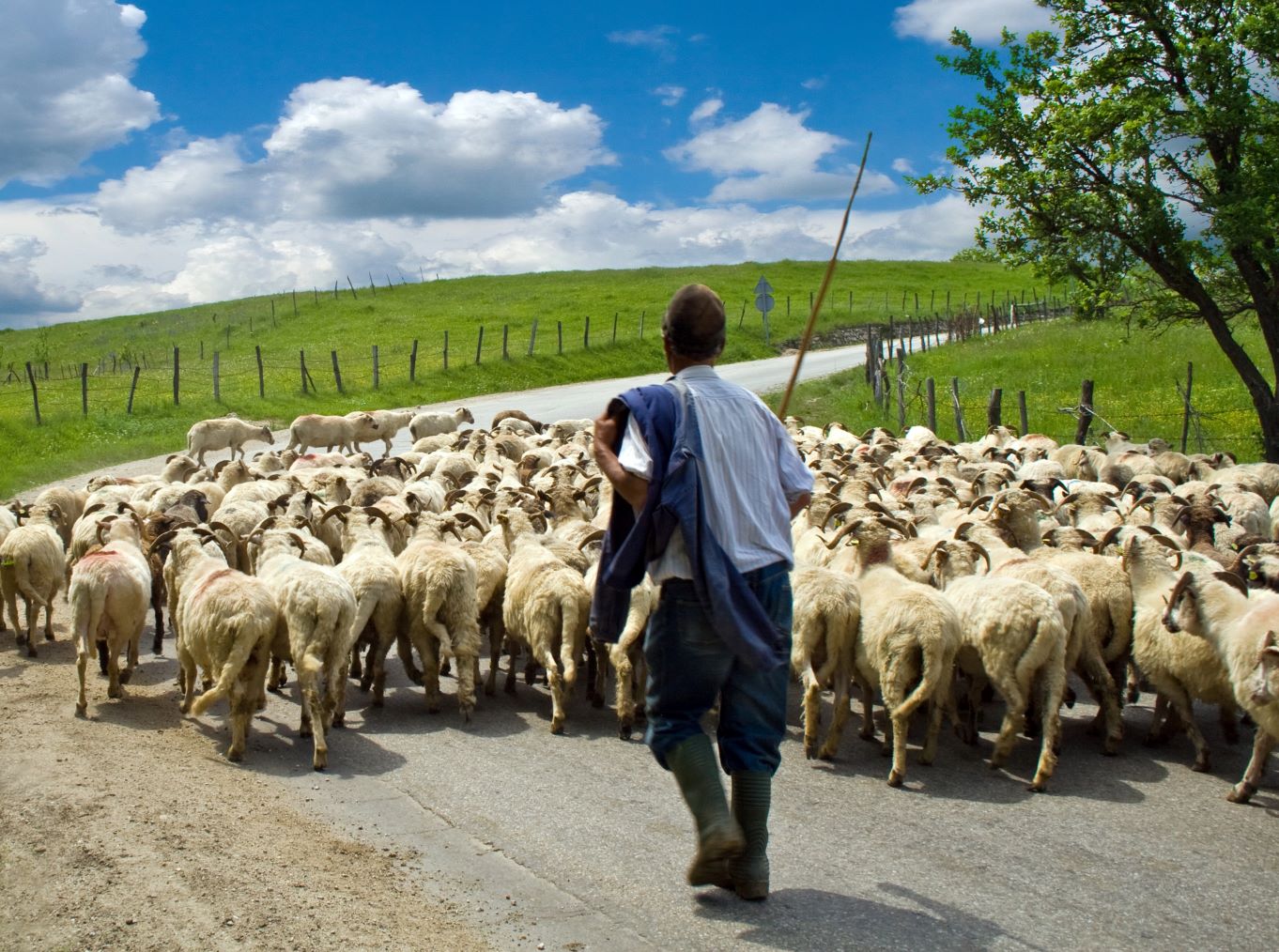For Andalusia it is necessary to modernize the state law that affects Livestock Routes in order to adapt it to current reality. The regulations should consider simplifying administrative procedures and implementing sustainability and quality policies. adaptation to climate change for livestock routes.
The general director of Forest Policy and Biodiversity of the Government of Andalusia, Juan Ramón Pérez Valenzuela, participated this Monday in the inauguration of the Training and Environmental Studies Forum on livestock routesorganized by the General Council of the Judiciary and the Ministry of Justice, Local Administration and Public Function. During the event, he reflected on the need to update the State Law on Livestock Trails (Law 3/1995, of March 23) in order toadapt it to present and future demandss.
In his speech, Pérez Valenzuela highlighted the importance of livestock routes as historical routes for livestock transit and as essential elements for the preservation of the biodiversity. For this reason, he has stressed that, in the current context of climate change and territorial transformation, a new regulatory framework is necessary that allows for more agile and effective management of these infrastructures, adapting to today’s challenges.
“Livestock routes, more than simple livestock transit paths, are authentic ecological corridors and territorial. For centuries, they have played a vital role in extensive livestock farming and in the connectivity of our ecosystems,” he declared. However, he has recognized that the current legislation does not respond to the new realities facing the Andalusian territory and the country as a whole. “We face new challenges that require a profound update of the legal framework that protects and manages them,” he added.
In this sense, Pérez Valenzuela recalled the commitment of the Ministry of Sustainability and Environment to the improvement and protection of livestock trails. In the last four years, the Government of Andalusia has invested more than 42.8 million euros in the recovery of more than two thousand kilometers of these routes, in an effort to preserve their ecological and territorial value.

The Livestock Trails Law must be updated
During the Forum, in which the head of the Office for the Livestock Route PlanInmaculada Ortiz, and the lawyer of the Board and head of the Legal Department of the Ministry of Sustainability and Environment, Miguel Sánchez, one of the main demands raised by the general director was the need to enact a new Basic Law on Livestock Roads that adjusts to current challenges. «Given their status as public domain, livestock trails are the exclusive responsibility of the State. This leads us to the urgent need to enact a Law that responds to current challenges,” he noted.
During his speech, Pérez Valenzuela broke down the key aspects that, in the opinion of the Andalusian Government, should be included in the regulations, such as the simplification of administrative procedures. “The current procedures are excessively long and complex, which delays its adequate protection and use. The law must modernize these processes to make them more efficient, eliminating unnecessary bureaucratic barriers,” he indicated.
Likewise, he has pointed out that the law must offer “clear solutions” to guarantee the preservation and adequate integration of livestock trails in the urban environment“without slowing down the development of cities,” he pointed out. Likewise, it has been considered important to make the requirements for modifying the routes more flexible. “The current regulatory framework is too rigid, preventing the necessary adaptations that could serve both the public and social and environmental interests.”
In this context, it has declared that a regime is necessary for surplus land in the public domain, an aspect not contemplated in current legislation. In addition, it has pointed out the expansion of the requirements for occupation of road land livestock. And currently, occupations on these lands are only allowed if they respond to the general interest. However, the Director General has emphasized the need to expand these requirements to include activities compatible with the use and conservation of livestock trails.
Likewise, it has emphasized that the regulations must make external demanial mutation possible without requiring prior disaffection and demarcation, allowing more agile and effective management of these spaces“adapted to the needs of our territories and facilitating collaboration between administrations.”
Climate change and sustainability
On the other hand, he highlighted the importance of regulations being aligned with sustainable development and climate change adaptation policies. «It is essential that the law adjusts to the Sustainable Development Goals (SDGs), promoting multifunctional use of livestock trails which contemplates not only their role as livestock routes, but also as ecological corridors and spaces for citizen enjoyment,” he explained.
Pérez Valenzuela has highlighted that livestock trails must play a key role in the resilience of landscapes and ecosystems against the effects of climate change. In this sense, he has argued that the law must include specific measures to guarantee its preservation and adaptation to new climatic conditions.
Finally, the general director has advocated promoting citizen participation and the co-management of these spaces. “The new regulations must encourage the participation of civil society in the livestock trail managementthrough the creation of co-management mechanisms with environmental entities and public administrations.”
“We are facing a decisive moment for ensure that livestock trails continue to fulfill their function not only in the protection of biodiversity, but also in territorial sustainability. The enactment of a Basic Law that contemplates these changes will be essential to ensure its conservation and its integration into the modern management of our territory,” he concluded.
Not only must an update be made that includes many points of enormous interest and strives for a modernization of the regulatory system, but to do so it is It is vitally important to have the support and contribution of citizens.

